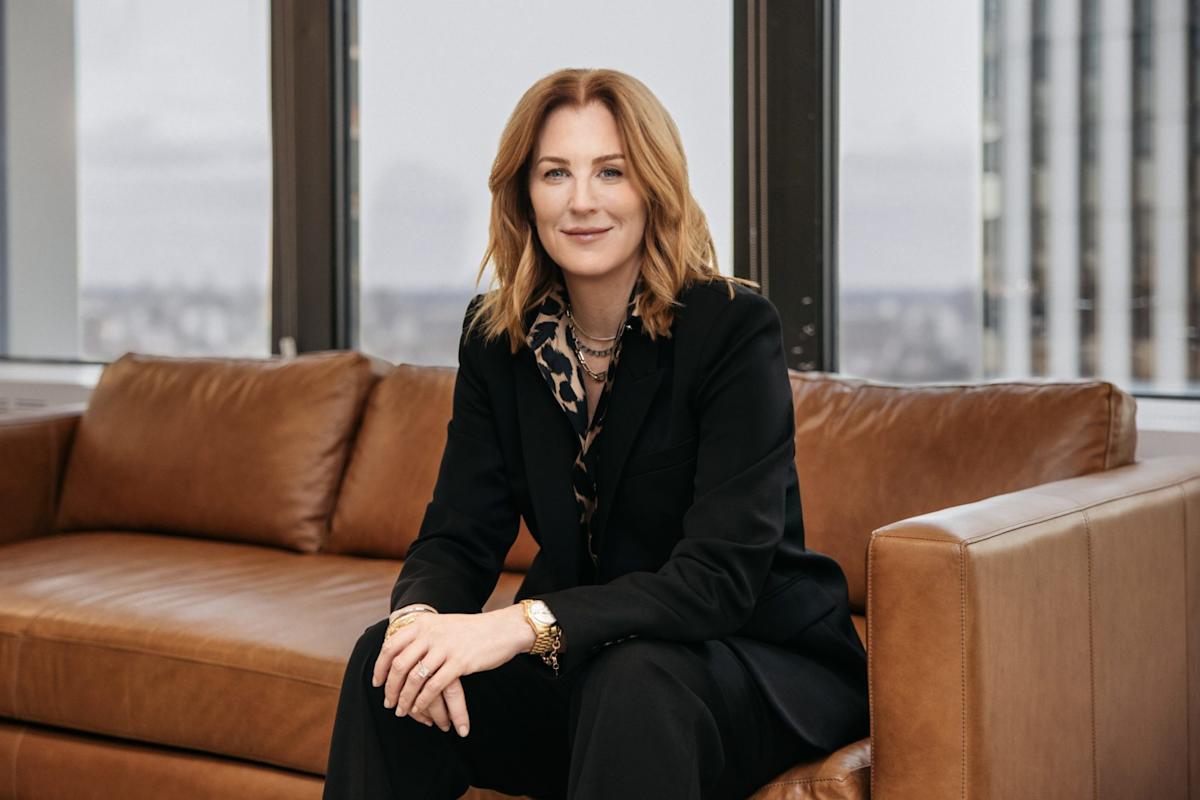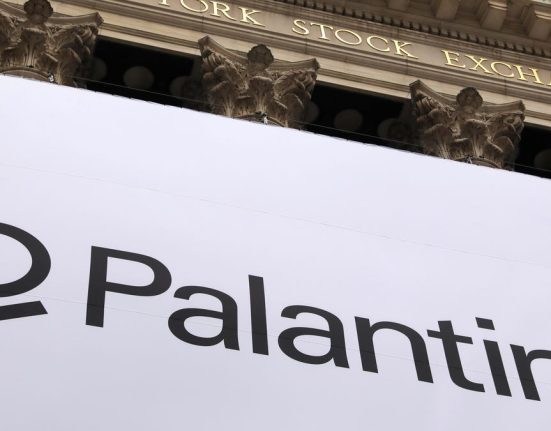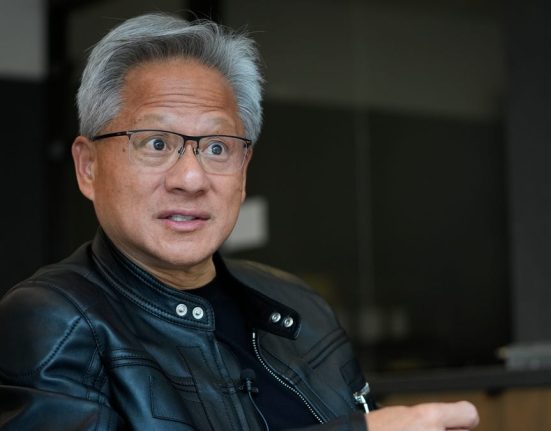As bras go, wireless is winning.
On Victoria’s Secret’s latest earnings call earlier this month, CEO Hillary Super explained that the brand’s So Obsessed underwire-free push-up bra was a fast-growing hit, calling it “a standout,” with 30% year-over-year growth and a “deep resonance with the millennial customer.”
Those comments landed well with Morgan Stanley analyst Alexandra Stratton, who wrote in a subsequent research note that Super seemed to have a better handle on fashion trends than the previous management team. “Super’s commentary demonstrated a deeper understanding of how the intimates industry has evolved in recent years,” she wrote. Several other analysts sprinkled their response to the earnings call with optimistic observations about Super, who has led the lingerie shop since last September and was hired to revamp a brand that has spent the past six years careening from one disaster to the next.
And yet the CEO is also contending with a host of problems. Like other retail leaders, Super is navigating Trump’s tariffs and uncertainty about consumer spending. The company’s stock is down 50% since January, following a December surge on signs of a turnaround. (The share price hovers at $20 at the time of writing, compared to $22 when she took over.) She’s also still reeling from the effects of a security breach last month that forced the company to shut down its website for three days. And worst of all, two activist investors—Australia’s Brett Blundy, the company’s largest shareholder, and hedge fund Barrington Capital—have the retailer in their crosshairs, and have called for an overhaul of its board. Barrington Capital also suggested in an open letter that a reconstituted board needed to evaluate whether Super was the right person for the CEO job.
In an email to Fortune, the lingerie company said: “The board has full confidence in Hillary’s vision, leadership, and her ability to unlock the potential of our iconic brands.”
Super has laid out a turnaround strategy that includes reasserting the brand’s authority in bras, and growing categories like youth-focused PINK, beauty, and sport, while reimagining the company’s marketing and sales strategy to better suit the way customers are shopping now.
But after a rollercoaster few years, Victoria’s Secret finds itself once again at a critical inflection point as it tries to reestablish its place in the wallets and boudoirs of American consumers.
Hillary Super’s arrival at Victoria’s Secret 10 months ago was met with enthusiasm from Wall Street. When the leadership change was announced in August, the company’s share price jumped 16%. The board poached Super from Rihanna’s Savage X Fenty, where she had been CEO for a year, offering her a compensation package that totalled $18 million for the year, including a signing bonus and a one-time award.







